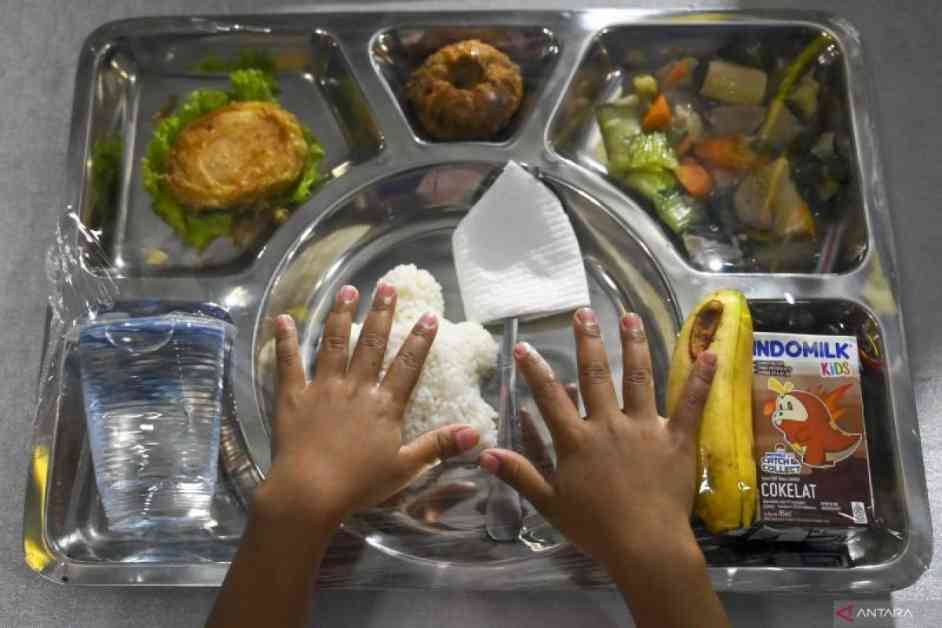**Indonesian Government Allocates US$6.2 Billion for Free Meals Program Expansion**
In a groundbreaking move to address malnutrition and food insecurity, the Indonesian government has allocated a substantial budget of Rp100 trillion (approximately US$6.2 billion) for the expansion of the free nutritious meals program. The National Nutrition Agency (BGN) underscores that this additional funding aims to accelerate the target of serving 82.9 million beneficiaries, a goal initially set to be achieved by the end of 2025. However, President Prabowo Subianto has called for an expedited timeline, pushing for completion by September of this year.
**Presidential Directive Spurs Additional Funding**
The directive for increased budget allocation did not originate from the agency itself but was a direct order from President Prabowo, as clarified by Dadan Hindayana, the head of the BGN. Hindayana emphasized that meeting the accelerated timeline necessitates additional costs, prompting the government to take action to secure the necessary resources.
**Budget Cuts and Inter-Ministerial Collaboration**
To fund the expansion of the free meals program, President Prabowo issued a presidential instruction for budget cuts totaling Rp306.69 trillion. These cuts include significant reductions in ministry and institutional spending, along with decreased transfers to regions. Additionally, all ministries and institutions have been tasked with collaborating effectively to support the program in a cross-sectoral approach, as per the president’s directive.
**Nationwide Implementation and Impact**
Since its launch on January 6, 2025, the free nutritious meals program has been rolled out across 31 provinces in Indonesia, with 238 nutrition fulfillment service units (SPPG) actively preparing meals for beneficiaries. Currently, 650 thousand children are benefiting from free meals at school, with plans to expand this number to 15 million children by September 2025. This initiative marks a significant step towards combating malnutrition and improving food security for vulnerable populations in the country.
**Exploring Food Diversity and Program Advantages**
In line with efforts to enhance nutritional diversity, the BGN has been exploring regional food options, including insects, as part of the program’s menu offerings. This exploration aims to leverage Indonesia’s rich culinary heritage and promote sustainable food practices. Additionally, the program’s multifaceted benefits for children have been highlighted by the government, emphasizing the holistic approach to addressing nutrition and well-being.
As the Indonesian government continues to prioritize the well-being of its citizens through innovative programs like the free meals initiative, the impact on public health and food security is expected to be profound. With a concerted effort from various sectors and a substantial budget allocation, the expansion of this program signifies a vital step towards a healthier, more resilient nation.






















